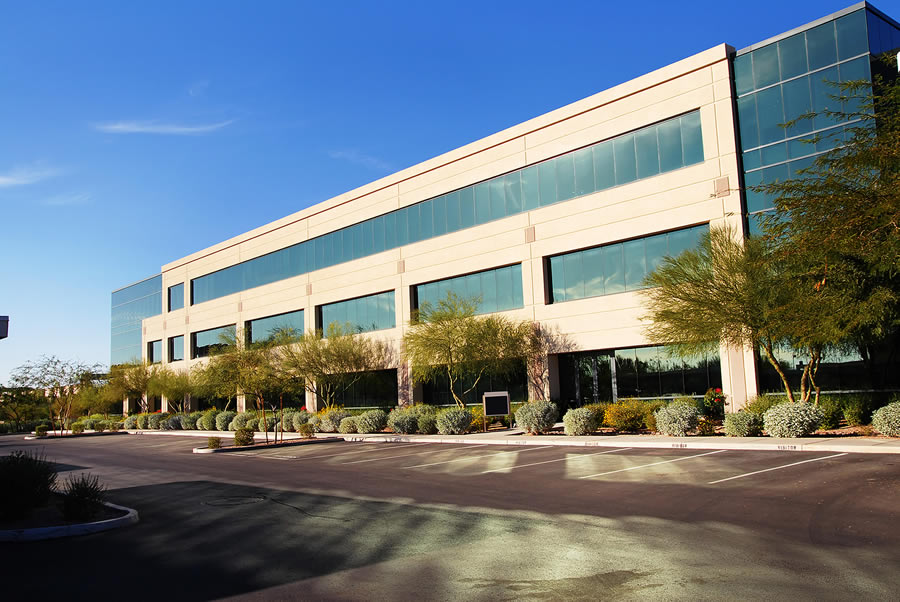
If you are a franchise owner and considering growing through acquisition or thinking about selling, you have come to the right place. I have a working knowledge of the Distributed Ownership Model (Concept <->Business Enterprise <->Real Property) to make your transactions the most profitable and cost effective. Extensive experience with companies like Arby's Restaurant Group writing business valuation proposals for Executive Steering Committee members is the foundation from which I entered this area.
To elaborate, there are 3 primary asset classes in the Franchise Industry (concept, business enterprise, and real estate). Each can have their own investor (s) or a company may choose to own 2 or all 3. Typically, however, you will have a Franchisor, Franchisee, and Landlord.
There are 2 components to valuing a franchise. In this example, let’s say were looking at a restaurant.
Note: Business Value can be further examined by looking at historical P&L’s in the economic analysis and using a Build-Up Method to determine capitalization rate or multiple of EBITDA. These factors are inherent in the Income Method of Valuation and build upon market equity rates of return w/ premium for things like company size and risk. The Build-Up Method can also be used to calculate the appropriate discount rate when using Discounted Cash Flow as opposed to capitalized income/EBITDA. The income methods can also be supported by the Market Approach which compares multiples of recent transactions.

When most business owners picture what could threaten their company, they think of competition, market shifts, or maybe even a recession. But one of the most disruptive...
Read More
Many business owners spend years building their companies but don’t give enough thought to how and when they'll exit. Whether you're envisioning a sale, succession, or simply stepping...
Read More
Selling a business is rarely a simple task. It involves countless decisions, negotiations, and emotions. Whether you are planning to retire, move on to a new venture, or resolve ownership conflicts,
Read More